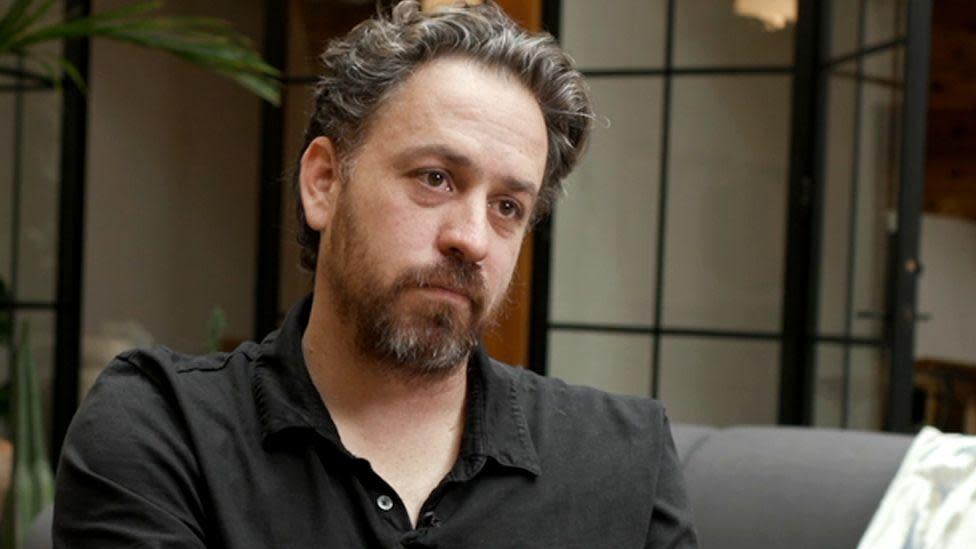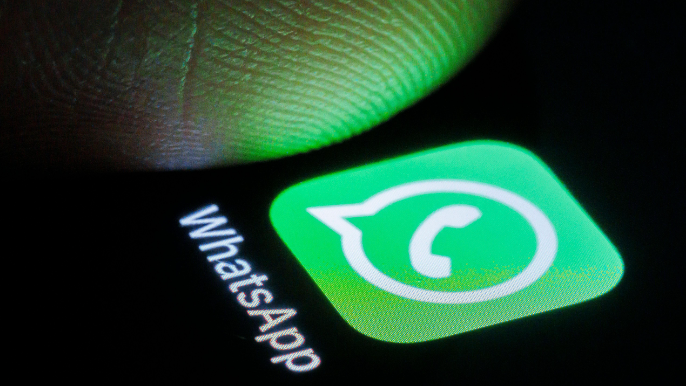Tens of millions secretly use WhatsApp despite bans

"Tens of millions" of people are using technical workarounds to secretly access WhatsApp in countries where it is banned, the messaging platform's boss has said.
“You’d be surprised how many people have figured it out,” Will Cathcart told BBC News.
WhatsApp is banned in Iran and North Korea and has been intermittently blocked in Syria, Senegal and Guinea.
And last month, China banned iPhone users from downloading the secure platform.
Other countries, including Qatar, Egypt, Jordan and the United Arab Emirates, restrict features such as voice calls.
But WhatsApp can see where its users truly are, thanks to their registered phone numbers.
“We have a lot of anecdotal reports of people using WhatsApp and what we can do is look at some of the countries where we're seeing blocking and still see tens of millions of people connecting to WhatsApp," Mr Cathcart told BBC News.
'Stop something'
China ordered Apple to block Chinese iPhone users from downloading WhatsApp from the AppStore in April, a move Mr Cathcart calls "unfortunate" - although the country was never a major market for the app.
"That's a choice Apple has made," he said.
"There aren't alternatives.
"I mean, that is really a situation where they've put themselves in the position to be able to truly stop something."
Android users, however, can still download WhatsApp without going through official shops.
But elsewhere Mr Cathcart said the rise of virtual private networks (VPNs) and WhatsApp's proxy service, launched last June, has helped keep WhatsApp accessible.

Suspected criminals
As well as WhatsApp and Signal - both end-to-end encrypted, so only the sender and receiver can read content - China has banned Telegram and demanded the removal of microblogging app Threads.
Mr Cathcart was speaking to the BBC on the last day of the World Service Presents event about internet freedom.
He has long considered the successful export of Western technology platforms key to spreading values of liberal democracy.
But he admits its power is diminishing, along with the Western ideals of a free and open internet.
"It's certainly under threat - and I think it's a struggle," Mr Cathcart told BBC News.
"We take a lot of pride in the fact that we're providing secure private communication that is free from surveillance of authoritarian governments, or even censorship from government, to people all around the world who otherwise wouldn't have it.
"But it is a constant threat and a constant battle."
With its potential ban of Chinese-owned TikTok, for national security reasons, the US has now joined this battle.
And Mr Cathcart was also keen to express concerns about continuing government moves, including in the UK, to ban end-to-end encryption and allow police to read suspected criminals' messages.
"Sadly, I don't think the debate is over," he told BBC News.
"People care about privacy, whether they're aware of end-to-end encryption and what it is and how it works.
"And that's one of the reasons we've had to communicate so much about it, is to be really clear about what it means and what's at stake."
Correction 2 May 2024: An earlier version of this story incorrectly stated WhatsApp was currently banned in Syria, which is what the company had told BBC News. WhatsApp has now told BBC News this is not currently the case – although, the app has been intermittently blocked in the country – so the story has been amended.

